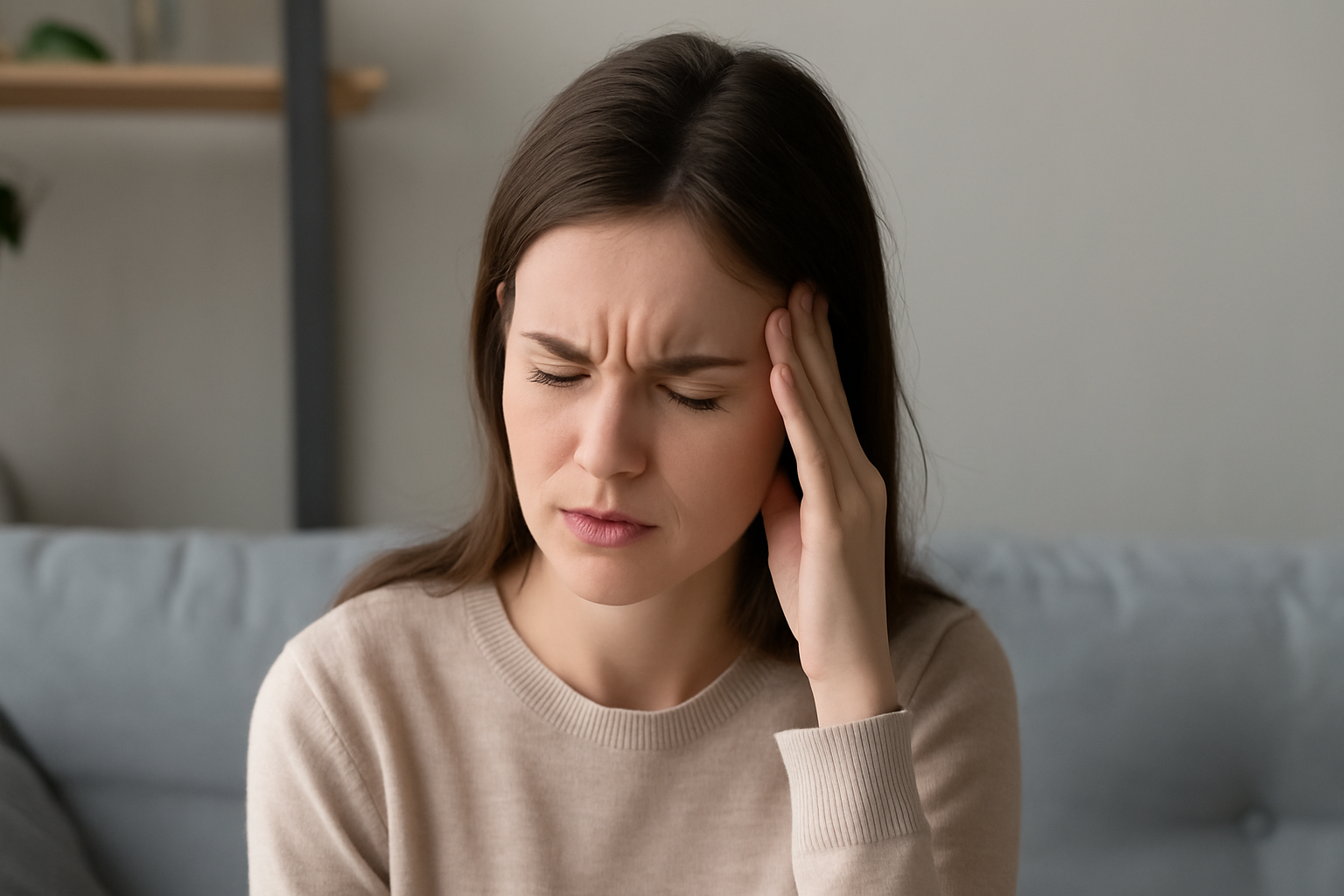
Anxiety is more than just worry. It is a mental and physical state that can silently shape your daily life. Many adults experience it at different stages. However some people may not realize that the signals they’re feeling are actually symptoms of anxiety. These signs can range from emotional shifts to physical reactions and when left unchecked they can interfere with health relationships and daily function.
In this blog we explore the top 10 symptoms of anxiety that adults should recognize. Whether you’re managing mild stress or facing more intense emotional pressure understanding the body’s response to anxiety is the first step toward relief.
1. Constant Restlessness

One of the earliest symptoms of anxiety is a sense of restlessness. Adults may find it hard to sit still focus or enjoy calm moments. This constant unease can lead to irritability or difficulty with concentration. Some may notice their legs bouncing or hands tapping frequently without realizing it’s anxiety-driven.
Many adults describe it as feeling “on edge” even when no real danger is present. This is the body’s nervous system staying in an alert state which makes it hard to feel relaxed.
2. Rapid Heartbeat
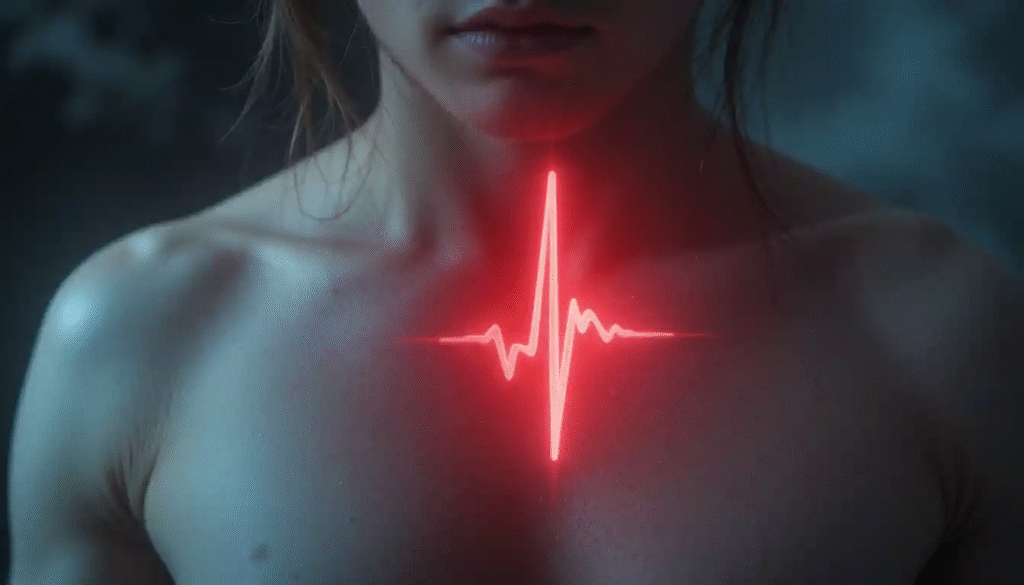
A fast or pounding heart is one of the common physical symptoms of anxiety. It often occurs during moments of stress but can also happen without any clear trigger. Some people think it’s a heart condition but it’s actually the body’s fight-or-flight response.
The heart races because the brain is sending signals to prepare for a threat. While no real danger exists the body reacts as if there is. This can feel alarming and may be mistaken for a panic attack or heart problem.
3. Trouble Sleeping

Insomnia or disturbed sleep is among the frequently reported symptoms of anxiety. Adults may find it hard to fall asleep or may wake up often during the night. The mind remains active replaying thoughts worries or scenarios that haven’t happened yet.
Some adults prefer calming scents or natural sleep aids to help signal the body it’s time to rest. For instance gentle fragrances like lavender or pheromone-based relaxation perfumes can be explored in nighttime routines to promote a sense of calm.
4. Excessive Worry
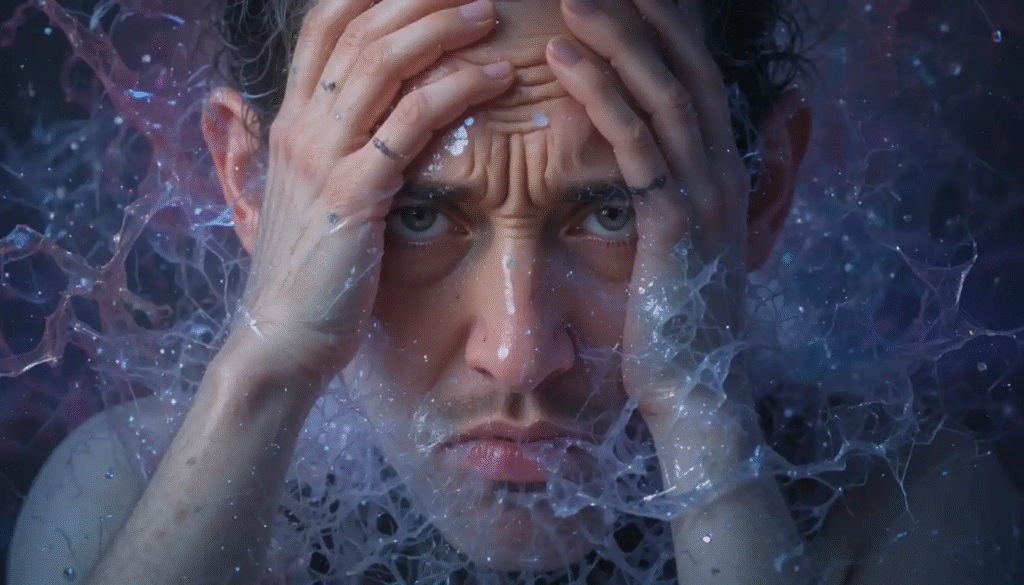
Ongoing worry even about small everyday matters can signal anxiety. This type of worrying feels uncontrollable. The brain may jump from one concern to the next without pause. It’s not just being cautious or thoughtful. It becomes overwhelming and distracting.
This kind of mental loop is one of the most exhausting symptoms of anxiety. It can reduce productivity affect decision-making and increase mental fatigue over time.
5. Shortness of Breath
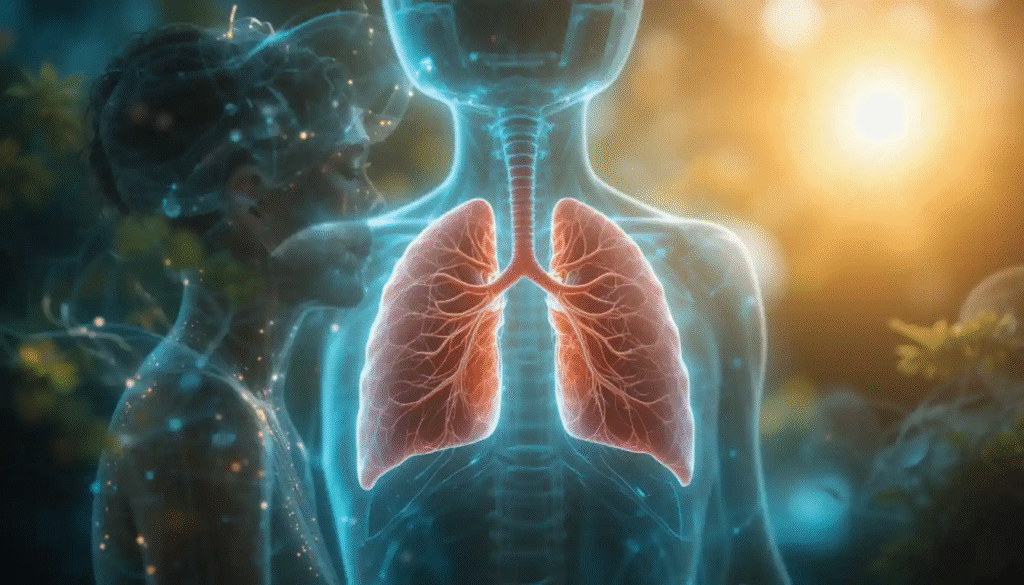
Adults experiencing anxiety may find their breathing becomes shallow or rapid. This is another physical sign that’s part of the body’s stress reaction. It often pairs with a tight chest or feelings of being unable to get enough air.
These symptoms of anxiety are especially common during intense episodes. Some prefer to practice deep breathing or grounding exercises to help regain control during these moments.
6. Muscle Tension and Aches
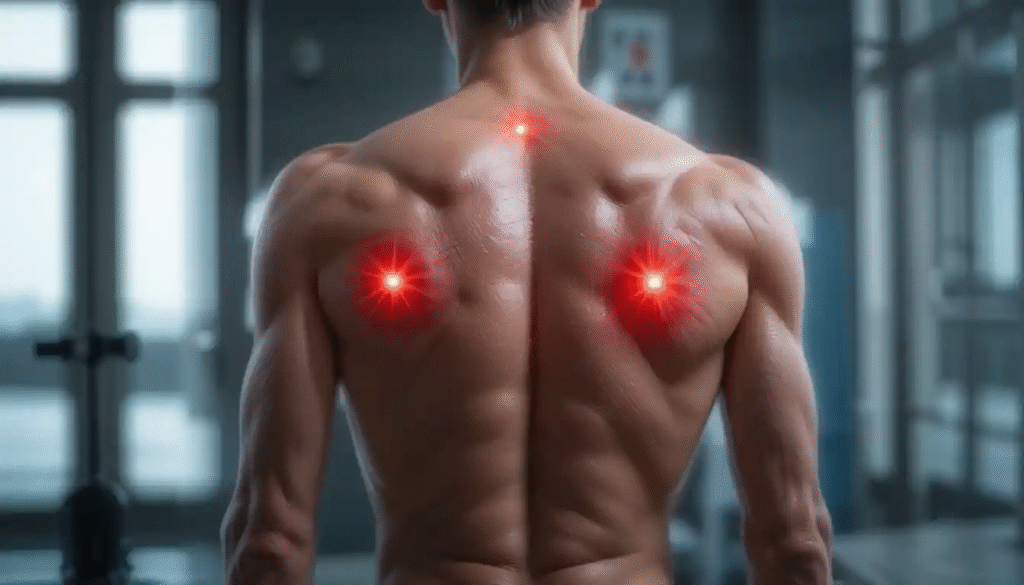
The body tends to hold anxiety in physical form. Muscle tightness especially in the neck shoulders or jaw is a subtle sign. Over time this tension can lead to headaches back pain or general soreness.
Massage stretching or heat therapy are common methods used by adults to release tension. Incorporating soft physical movements in daily routines can help reduce these symptoms.
7. Digestive Issues
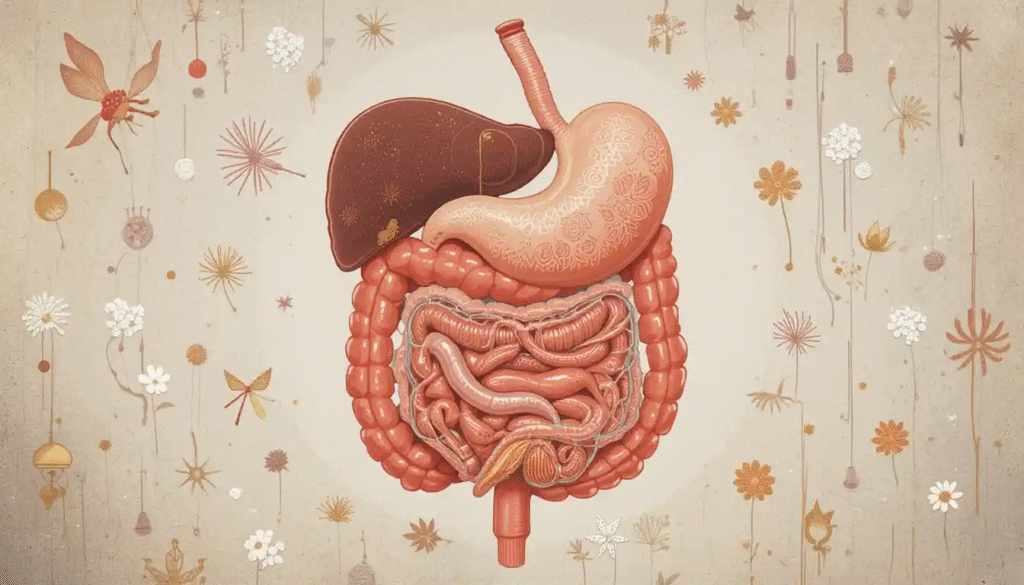
One of the less talked about symptoms of anxiety involves the gut. Anxiety can trigger stomach cramps bloating nausea or changes in bowel habits. This is because the brain and gut are connected. Stress and emotional pressure affect digestion more than most people think.
Adults with recurring stomach issues may not link them to anxiety right away. However recognizing this connection can lead to better management of both emotional and digestive health.
8. Difficulty Concentrating

When anxiety is present the brain often shifts focus toward imagined risks or future events. As a result staying focused on tasks becomes difficult. Adults may start a task then jump to another or forget what they were doing.
This lack of mental clarity is frustrating and can affect work performance or daily routines. It’s one of the cognitive symptoms of anxiety that isn’t always obvious but can have strong impacts.
9. Sudden Irritability

Anxiety can cause emotional responses to become more intense. What might normally be a small annoyance can feel overwhelming. Some adults notice they become short-tempered easily or feel emotionally drained after small interactions.
This mood change is often misinterpreted as personality flaws when in fact it’s one of the emotional symptoms of anxiety.
10. Avoiding Social Interactions

Social withdrawal is another sign that anxiety may be growing. Adults may cancel plans fear judgment or worry about how they are perceived in public spaces. This isolation increases feelings of loneliness which can worsen the condition.
Some adults explore scent-based mood lifters like calming pheromone perfumes or oils to feel more grounded in social spaces. These are subtle tools that may support comfort and presence without drawing attention.
Why Recognizing These Symptoms Matters
Recognizing the symptoms of anxiety early allows adults to seek helpful strategies or support. These signs often show up before someone realizes they are dealing with anxiety. Mental health support natural lifestyle adjustments and calming techniques can all be explored.
Sometimes changes in routine soft lighting and sensory comfort like relaxing aromas or walks in nature also help. Each person’s path is different but awareness is always the first step.
Final Thought
If you or someone close to you is showing signs of these symptoms of anxiety it’s important to approach the situation with understanding. Many adults experience anxiety but don’t know how it reveals itself. With knowledge and gentle shifts in lifestyle many symptoms can be managed over time.
FAQs
1. What are the most common physical symptoms of anxiety?
Rapid heartbeat shortness of breath muscle tension and digestive problems are common.
2. Can anxiety cause sleep problems?
Yes many adults with anxiety report trouble falling asleep or staying asleep.
3. Are digestive issues related to anxiety?
Yes the brain and gut are connected and stress can affect digestion.
4. How do I know if I have anxiety or just normal stress?
When symptoms like worry restlessness or physical signs are ongoing and affect daily life it may be anxiety.
5. Does anxiety cause chest tightness?
Yes chest tightness is a common response during anxiety or panic episodes.
6. What helps with anxiety-related muscle tension?
Stretching massage and relaxation techniques can ease the tension.
7. Can calming scents help with anxiety?
Some adults explore calming scents like lavender or soft pheromone-based products to feel more relaxed.
8. How does anxiety affect social life?
It may cause fear of judgment or avoidance of social interactions.
9. Are anxiety symptoms different in men and women?
While the core symptoms are similar they may show differently due to social or emotional expression styles.
10. Is it possible to manage anxiety without medication?
Yes many adults find relief through therapy lifestyle changes or mindfulness practices.

